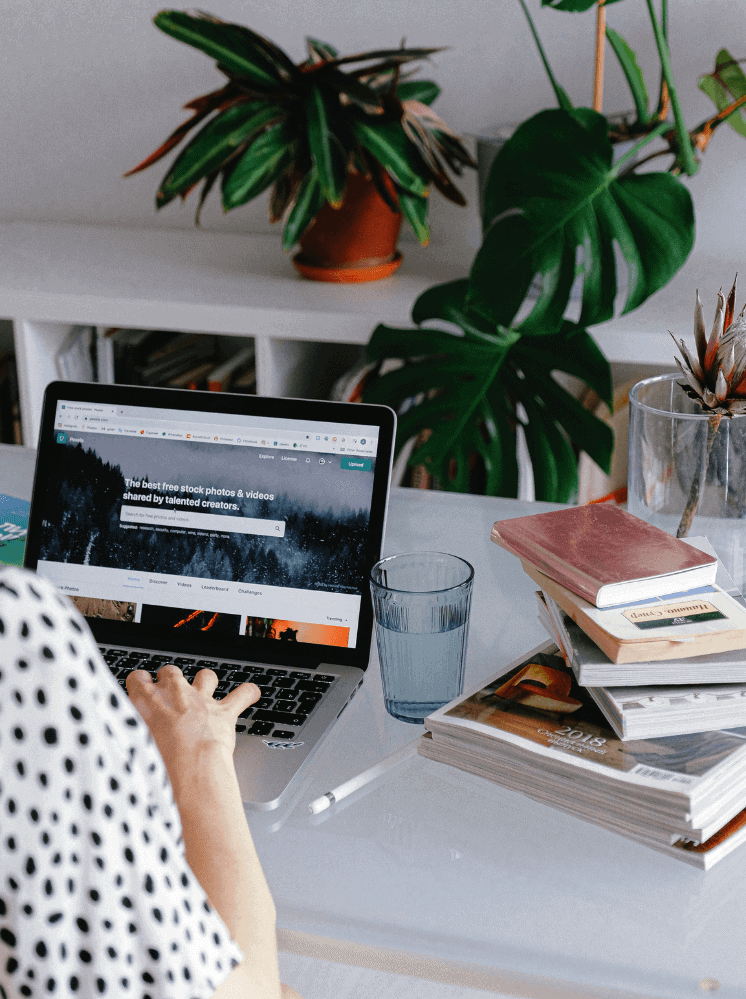For me, getting the courage to travel alone was pretty random and impulsive. When I was 12, I received a brochure in the mail to travel abroad to Australia and New Zealand as a student ambassador. I liked the pictures and showed the brochure to my dad and said “I want to do this.” With that, I was off on my first big international trip and on my own no less.
To provide you some context with how abnormal this was for someone like me, my family has never been out of the country (except Canada, I’m from Buffalo, NY and it’s 30 min away by car), but I was somehow compelled to do this. I didn’t think twice, applied for the program, and was accepted. After several group meetings with other student ambassadors, our parents, and chaperones, I was off. I spent three weeks traveling up and down the east Coast of Australia and New Zealand with strangers. In retrospect, this was an incredibly bold move for a sixth grader, but I believe it laid the groundwork in my life for getting the courage to travel alone.

Almost ten years laters, when I was in college, my brother recommended that I study abroad. At the time, I was a dual major in theater and biology. Biology was my back-up career in case I didn’t make it as an actress (I thought I could always be a medical doctor). Without question, I took my brother’s advice and started gathering all the study abroad brochures I could. As my eyes glazed over pamphlets from England and Italy, I kept returning to one I picked up just because I liked the pictures (again). It was for the School for Field Studies in Kenya for wildlife management. I decided to do it despite the program not aligning with my career goals at the time. I went to Kenya and it literally changed my life. I am now a wildlife biologist because of this program.
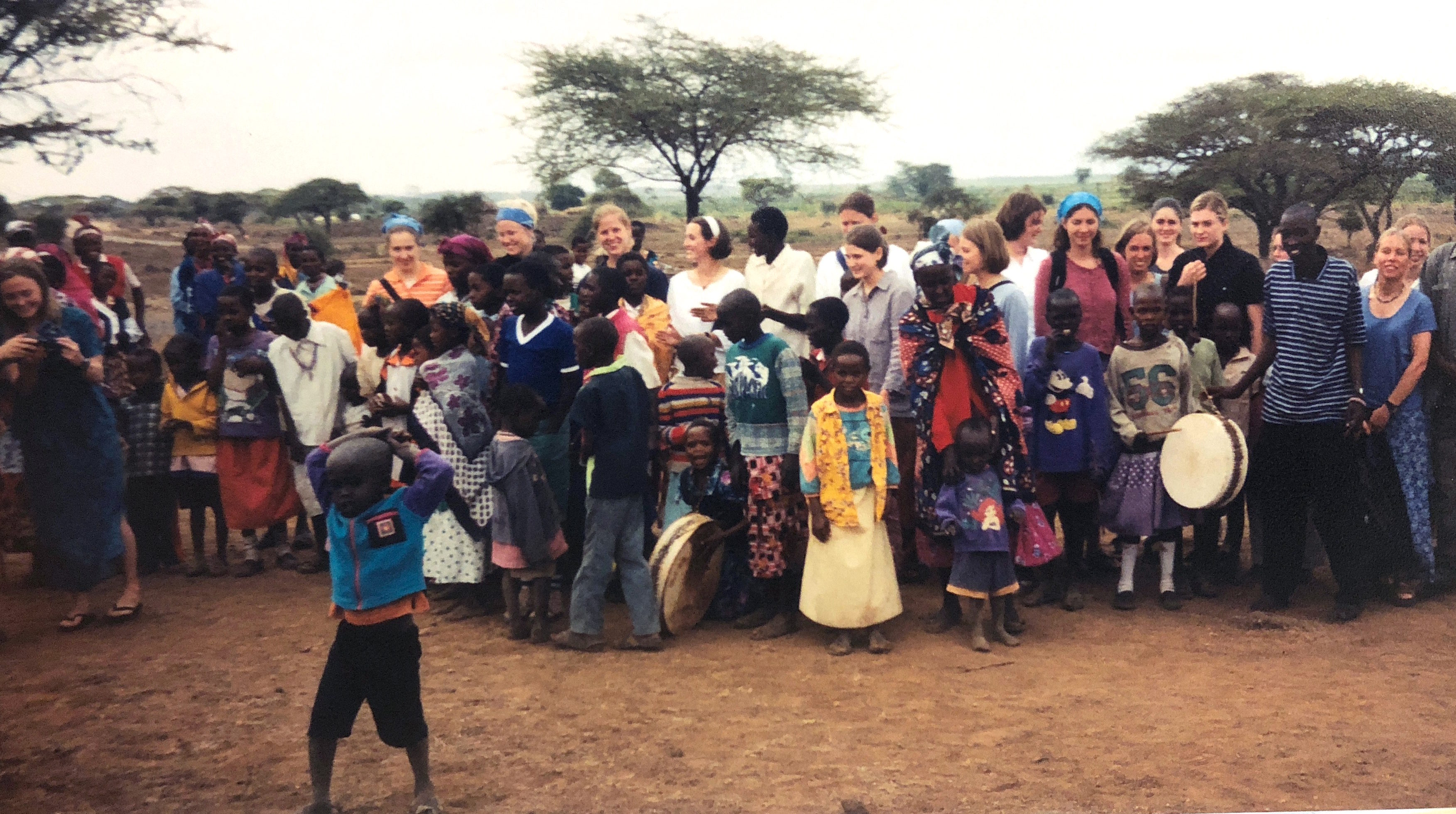
Over my life, I have been to six continents and 17 countries: Kenya, Tanzania, Rwanda, Uganda, Australia, New Zealand, India, Suriname, Republic of Congo, Gabon, Costa Rica, Canada, Mexico, Colombia, Belgium, Holland, and France. For many of these countries, I have gone to by myself or have spent significant time alone by myself. Looking back, getting the courage to travel alone required some significant mindset shifts since I did not come from an adventurous family of avid travelers. Here’s the approaches I used:
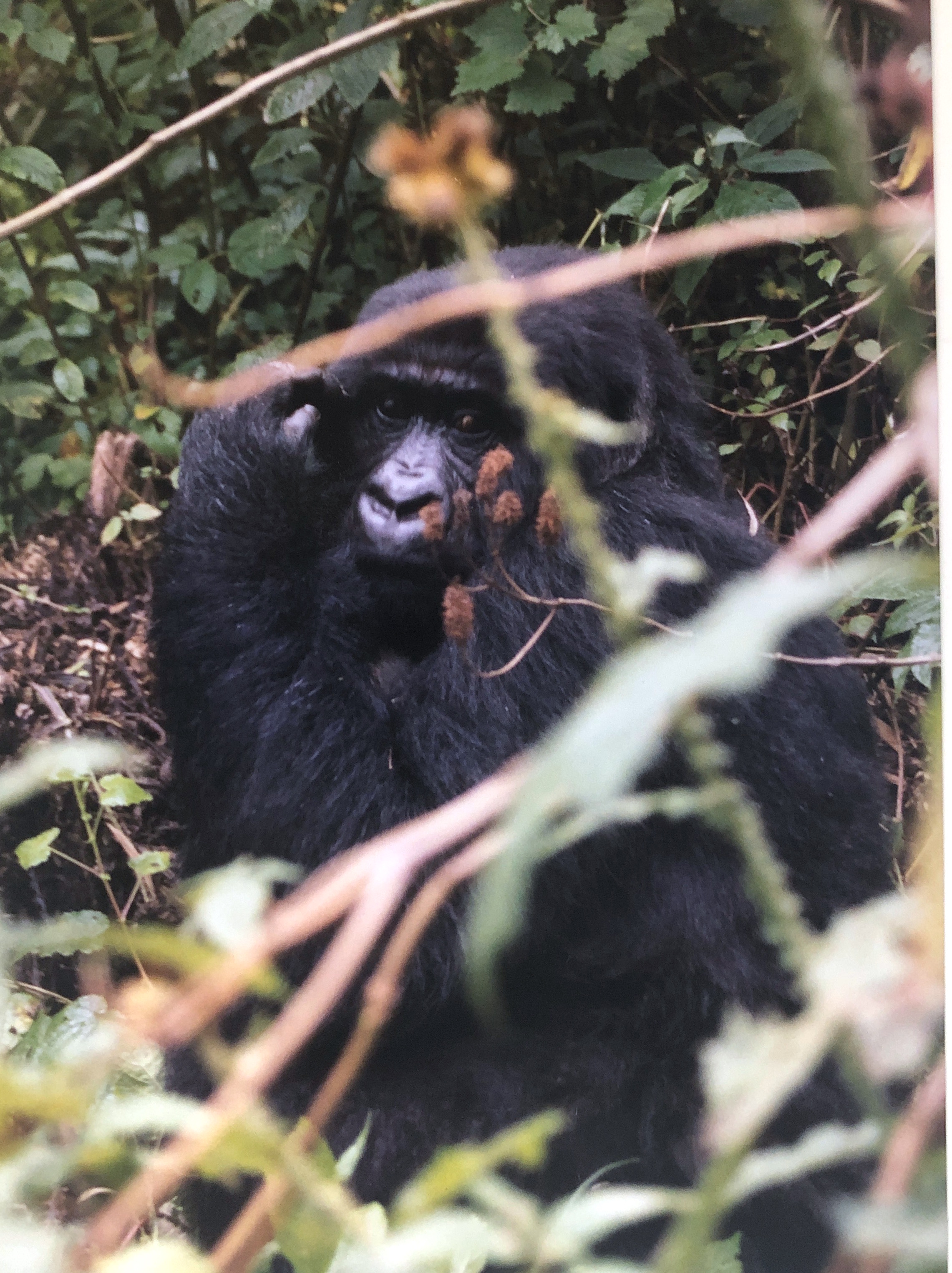
Let Your Destination Be Your Guide
As a scientist, I am not big on listening to my gut. I’ve always been analytical. But when it came to deciding to travel alone, it was very much a gut-driven decision based on how much I wanted to go to the places featured. Getting the courage to travel alone was a byproduct of my strong desire to visit these places. My knowledge of these destinations was very superficial, and in fact, really just based on the photos in the brochures. In retrospect, I know it was because of ecotourism. For Australia/New Zealand, I wanted to see the Great Barrier Reef and rainforests, and for Kenya, I wanted to see wildlife. But at the time, I didn’t overthink it or create a large list of places I wanted to visit with pros and cons. I just loved what I saw from the pictures and went for it!
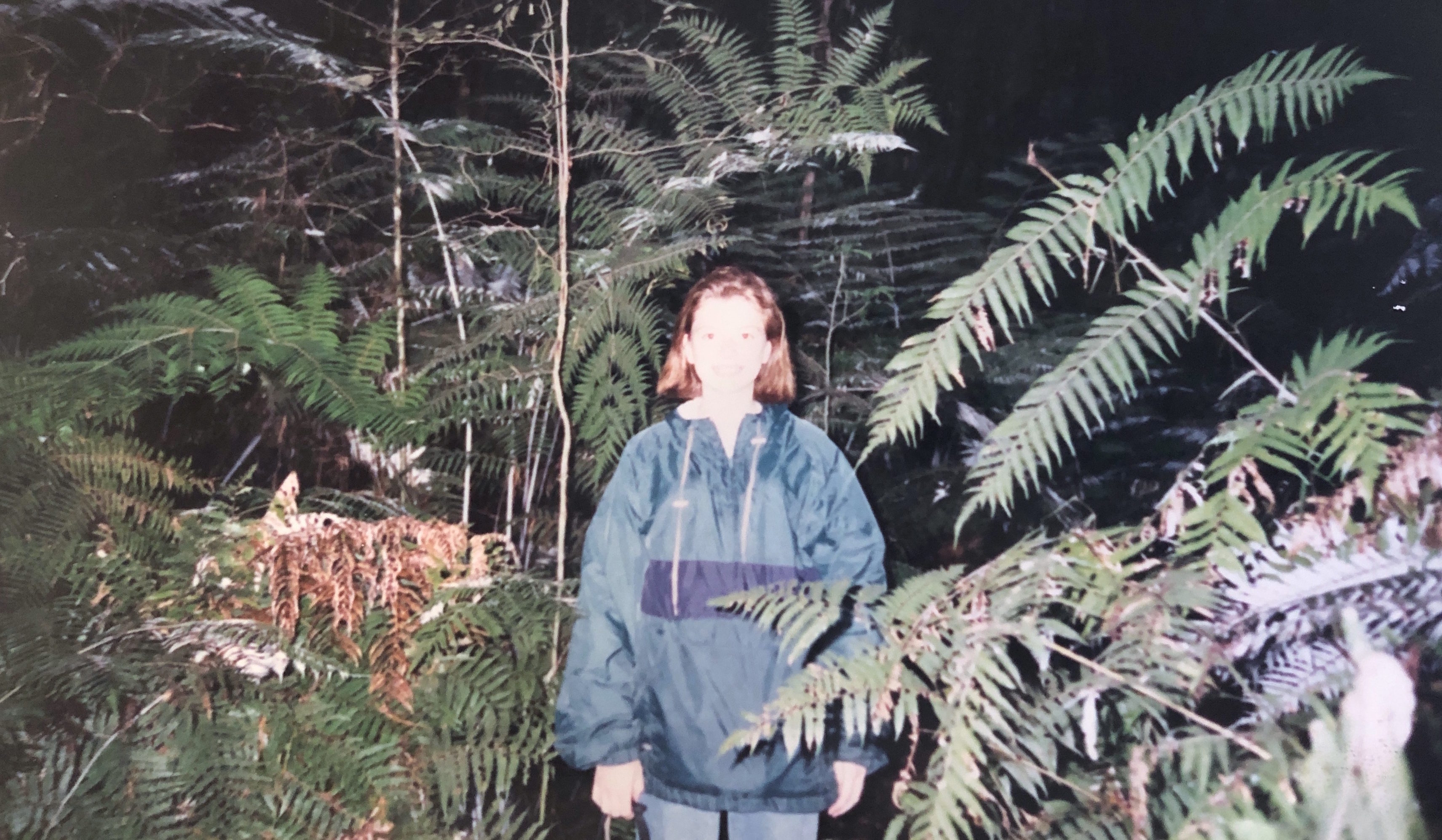
There is one caveat to this approach: do take the time to research the country/area’s safety and read travel warnings from the US state department. I don’t recommend you go anywhere just because you want to if it is actually dangerous. However, don’t rely on preconceived notions for your travel destination. There are lots of countries that people (at least in the US) think are dangerous, but are really not. Many people I talk to in the US are shocked that I go to any country in Africa. They lump them all together and expect it to be like the worst thing they’ve ever seen reported on the news that has happened in any country in Africa. But having been to Kenya many times and other African countries, there are many lovely places to visit (in fact my favorites) and accommodating for travel.
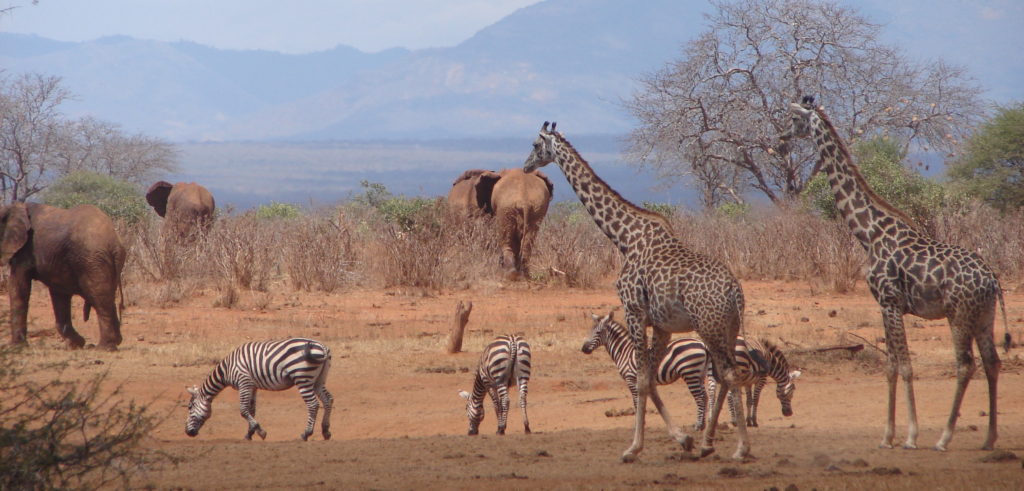
Use FOMO a Motivator
FOMO, the Fear of Missing Out, played a large role for me in getting the courage to travel. For the Australia/New Zealand trip, some family members criticized the trip because they thought I was too young to understand and would not appreciate it as much as I would when I would be older. I felt differently. I wasn’t sure if this opportunity would be available to me in the future and knew I had to take it while I could.
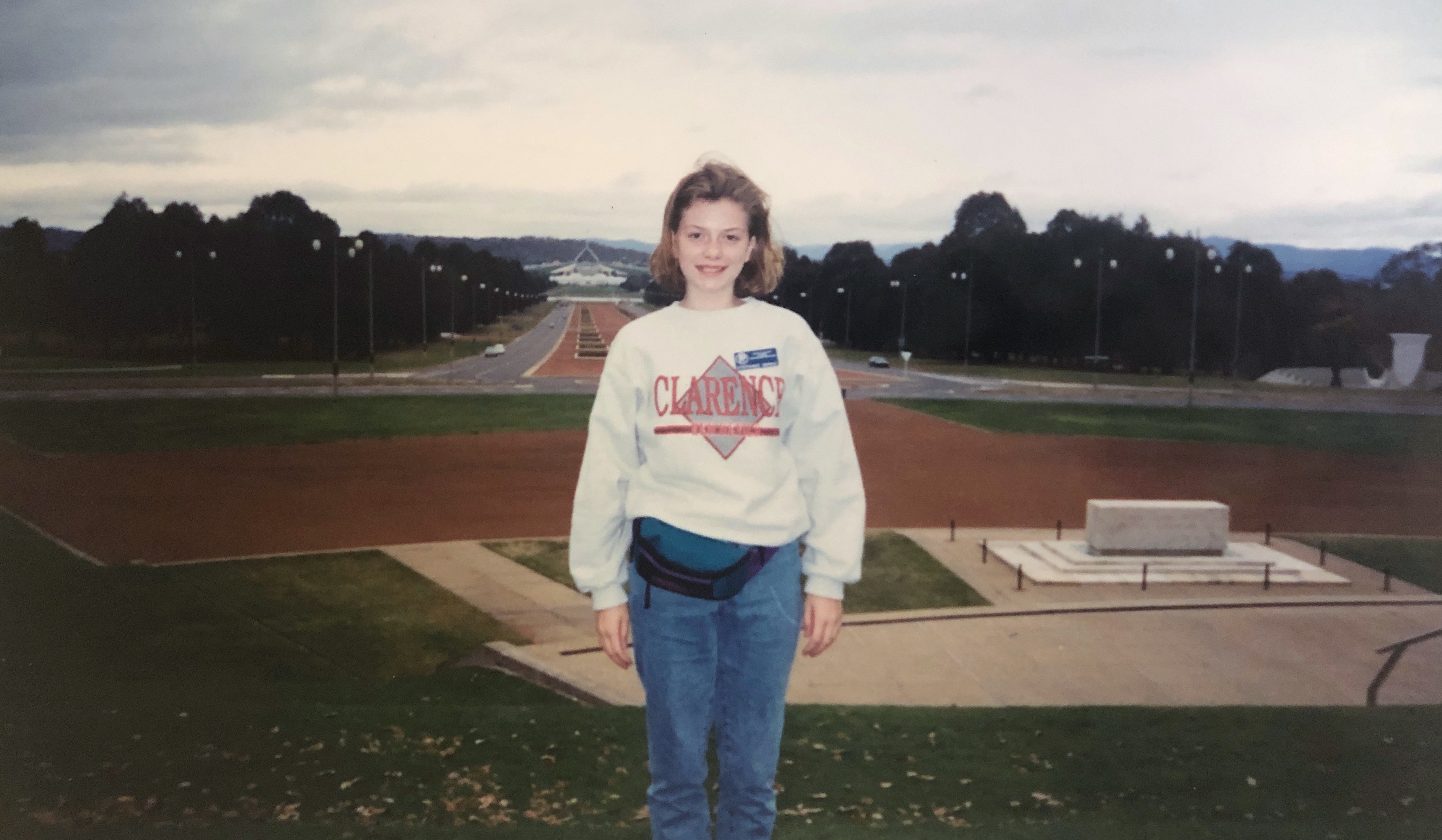
I had the same mindset for my study abroad experience in Kenya. Europe seemed wonderful, but it also seemed incredibly accessible for regular tourists. I could easily plan a vacation there when I was in my 60s, but getting the courage to travel alone in Africa was another story – I didn’t know if I would ever be brave enough (if no one wanted to go with me) and without the bubble of protection of study abroad. I also thought you had to be very fit to go to Africa (which is not true) and thought it was best to do it young. You never know what the future holds and life gets busy. I didn’t want to look back wishing I had done something when I had the chance, but that would be much more difficult to do in my present life.
You Don’t Have to Travel Completely Alone
Getting the courage to travel alone is a whole lot easier when you don’t have to actually be alone. You can do a group trip like I did with Australia/New Zealand and build your way up to going completely alone. That way you can still feel protected with your fearless, experienced leader, while still seeing other parts of the world. Many of these programs allow free time for you to explore on your own and you will likely meet great people in your group to accompany you.
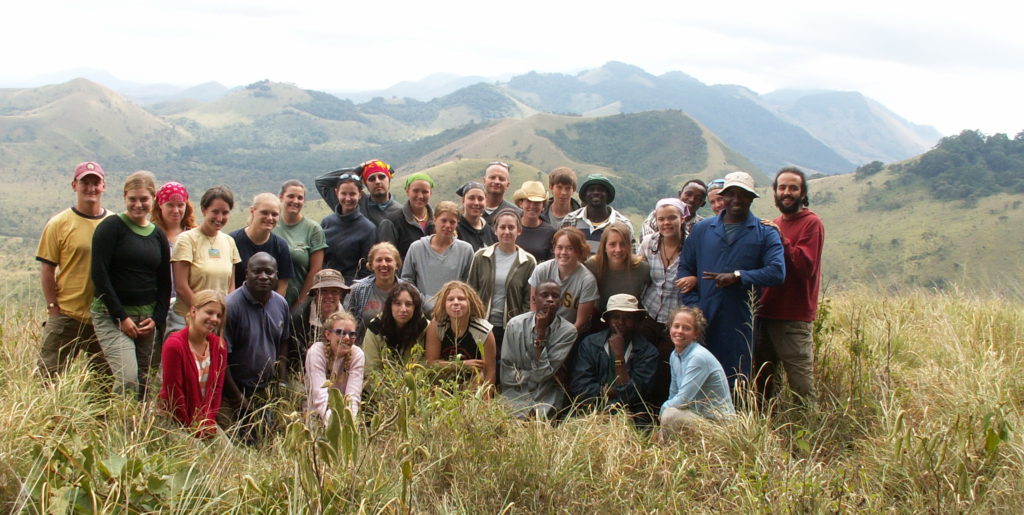
The downsides to these programs are that the itinerary is already created, meaning you don’t get to choose what you want to do for the day (or choose with limited options) and that programs like these can be very touristy. I am not opposed to touristy experiences here and there, but if all of your travel is touristy then you miss out on truly authentic experiences such as interactions with the local community, eating traditional meals, and seeing things off the beaten path. Because you have a group of tourists with you to interact with, you may also rely too much on them for social interaction and never get to talk with locals, which is one of my favorite parts of travel.
If you love science or always wanted to try field research, Earthwatch is a great program that lets you travel in small groups, participate in research during your trip, and provide you with local experiences. Many of these expeditions are in remote areas that would be difficult (or impossible due to permits) to access as a tourist. It’s a great way to travel alone, but in a protected bubble while still getting immersive cultural experiences.
Perform Fear Setting
I use fear setting a lot before and during travel even before I knew what it was. Here’s how it works: I basically ask myself – what is the worst that could happen? Then I go through the scenarios in my head (or you can do this on paper) that I fear. This not only helps me plan for the worst during my travel, but by doing this exercise, I am often confronted (and often surprised) with my ability to handle the situation should it happen, and also recognize how extremely unlikely it is to happen.
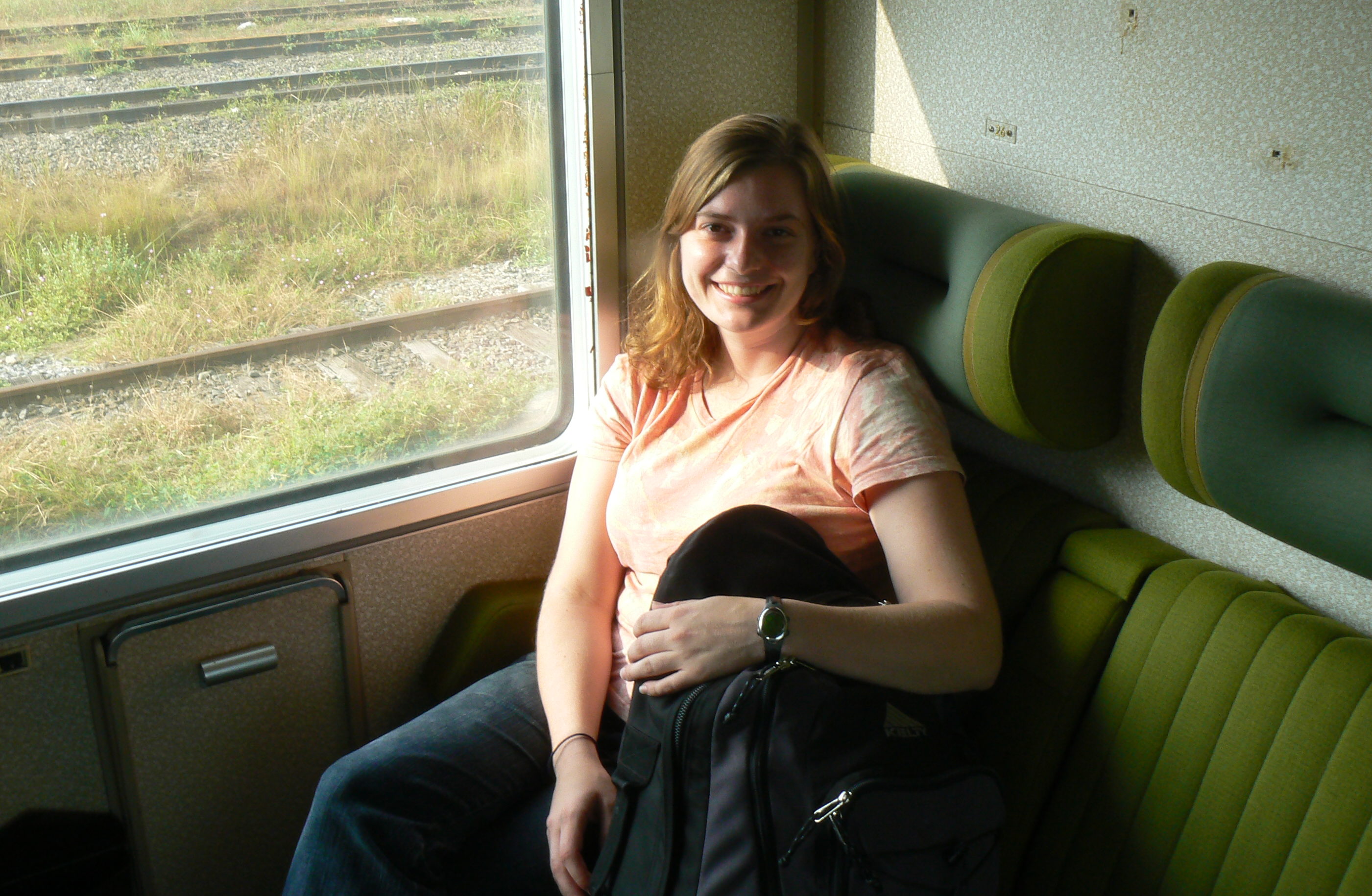
Here’s an example of how I used fear setting on the spot while traveling in Gabon. I arrived at night and was staying at a house owned by a nonprofit that I had stayed at before. There are a lot of streets in Libreville that do not have names, so I had a hand drawn map in my journal that I had used before with other taxi drivers to get me to this house. This person who I arranged to pick me up did not understand the map and we could not find the place. I started panicking internally, and started fear setting in my head. What is the worst that could happen? Let’s say we couldn’t find the place. There were hotels by the airport. I could ask him to take me there. I always bring extra money with me and I am sure I could find a place to stay for the night and then call the nonprofit in the morning to get a ride there. Done! Problem solved.
We ended up finding the place, but once you identify the fear and then solve it, it becomes a lot less scary. Even for problems that are scary or that don’t have easy solutions, you will start to recognize how unlikely it would be for that problem to happen, or it will force you to change your behavior ahead of time. Using that example, I should have pre-arranged for someone to pick me up at the airport who knew where this place was. This is what I do all of the time now, especially at night.
Courage is not the only thing I needed to travel alone. Mindset shifts were essential, but something I had to learn along the way. In my next post, I’ll save you some time and share with you which ones made a big difference.
Love this post? Share it with friends!



